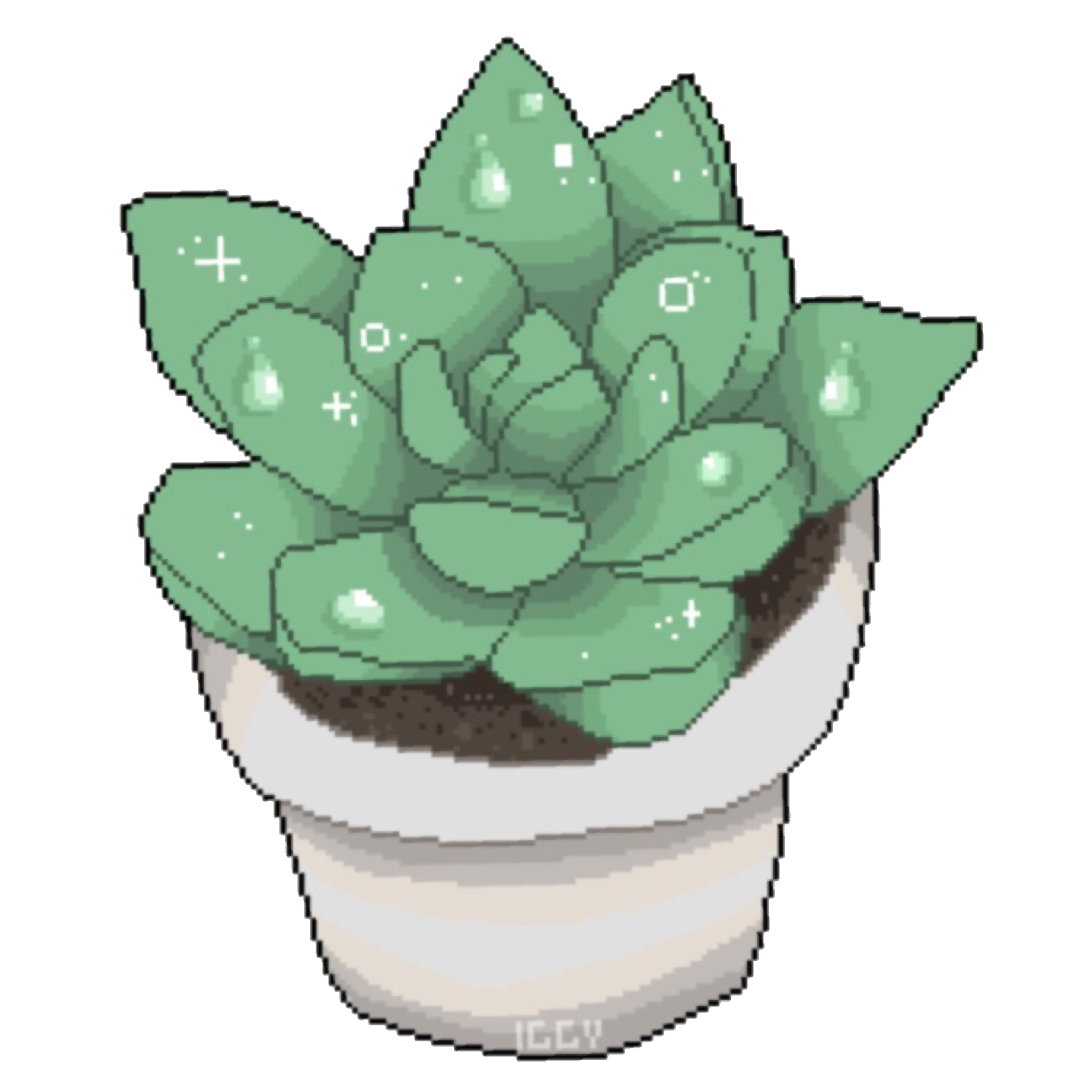Dear houseplant community,
Like the beginning of any good letter, I should probably have written you sooner.
Anyway, a friend of mine had this beautiful plant that she neglected for months, completely drying it out. At the end there were just a few leaves hanging half a meter from the plant itself, completely dried out.
I cut off a piece, gave it roots, potted it, and it went wild! Explosive growth, every new leaf bigger than the last. It was unlike anything I’ve ever seen.
A few months later, it had had enough. Leaves started curling up and withering. Growth halted. I thought maybe I had forgotten to give it water, but that wasn’t it. Moving it to a sunnier spot didn’t help either. Now it’s almost completely dead, and I miss what we once had.
So, a couple of questions:
- Does anyone have any idea what went wrong? Did I water it too much? Too little?
- What can I do? Can it be saved? Does it need plant nutrition? A bigger pot? I’m afraid of doing anything, as it seems so fragile one bad move would surely be the end of it.
Thank you so much in advance!
Yours truly, Aa


So the plant you have there is a Maranta leuconeura. I have one that looks just like it!
There’s a couple things that could be going wrong. In general, here are the conditions it likes:
It likes indirect light. I keep mine by a south facing window that has an awning cutting the harsh light outside. Additionally, I have it behind a sheer curtain.
It likes to be kept in moist soil, and in a humid place. I don’t let mine fully dry out before rewatering it, and I live in a place where the ambient humidity is often 60-80%. If you live in a dry place, water it often and maybe keep it in the most humid place with enough light (kitchen or bathroom is usually more humid)
and this is key, it does NOT like hard water. I honestly think this could be the problem with yours given what you said. Hard water has a lot of minerals, and over time, they build up in the soil. The plant might have been fine with tap for months, but now the soil could effectively be too “salty” for it.
If I had this plant, I’d do one of two things.
Option 1:
Option 2:
As backup, I might also try and root a cutting (again, in RO water) just in case it still dies anyway. Hopefully with these efforts it will revive, though!
Note on soft/RO water:
If you are looking for soft water, don’t use water from a water softener (confusing, I know). This is because water softeners for humans replace the minerals with sodium ions. In essence, water softener water is just as “salty” as hard water, it’s just different salts.
Instead, try and get deionized (DI) or reverse osmosis (RO) water.
Ideally, this would come from an RO system, which is a common kind of in-house water filter. If you live by a college, you could maybe ask for some from their science departments (especially biology or chemistry). You can also buy it online and have it shipped to you, but this is really expensive, especially considering that the maranta needs so much water.
Instead, I would buy a TDS meter (available on Amazon for like $7). It’s a little stick device that you put in the water and it tells you how hard it is. With this, you could test a few brands of bottled water (avoid “spring water”, or “remineralized” water-- go for “filtered” or “purified”) until you find one with less than ~30 ppm / ~75 µS/cm dissolved solids. My grocery store sells water in big machines out front that reads 15 µS/cm, and it costs $2.50/5 gallons!
Honestly, I cheat and get lazy sometimes with mine and water it with tap. You saw yourself how long it takes for the solids to build up, and watering it with RO dissolves some of those over time. It’s not like tap will kill it right away, but these guys sure are picky! :)
also… if it dies anyway and you’re heartbroken, dm me and maybe I can send you a cutting from mine :-) cheers!
Don’t mind me, opportunistically promoting [email protected] ;)
Ok, I live beside the ocean and the water is hard to say the least. Now I do not feel bad about the killing spree I went on with prayer plants.
That’s brilliant, thank you so much!!
I’ll change the soil, take a new cutting for good measure, and buy some bottled water after careful inspection in the local supermarket. The water here is indeed quite hard, and this explanation fits perfectly with how the plant has been behaving - doing really well in the beginning, and then gradually terrible as the soil deteriorated.
I have also moved it to a corner of the brightest room of the appartement. It used to stay in the bedroom, which is probably the darkest place I could have found, and then I would give it direct light in the window sill whenever I wondered if it was not getting enough light. Mistakes mistakes.
Thanks again! I’m feeling mildly optimistic now. :)